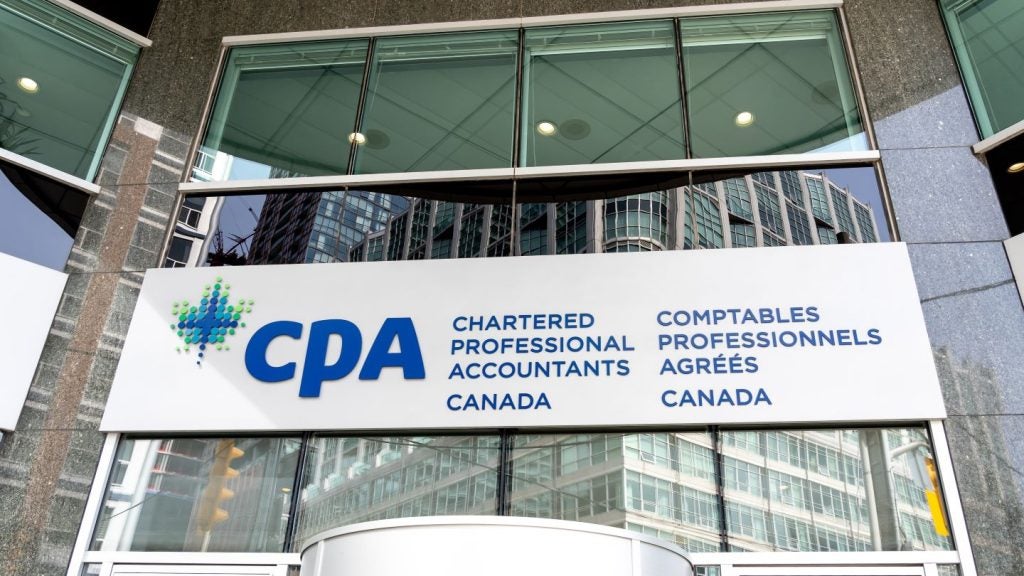
His Majesty’s Revenue and Customs (HMRC) has updated its international manual, providing guidance on the tax treatment of lump sum pension payments in accordance with the UK’s double tax agreements (DTAs).
The Institute of Chartered Accountants in England and Wales (ICAEW) had previously urged HMRC to address this issue, which has now been clarified.

Access deeper industry intelligence
Experience unmatched clarity with a single platform that combines unique data, AI, and human expertise.
The newly released guidance indicates that for most of the UK’s DTAs, both lump sum and non-lump sum payments from a pension scheme are generally treated similarly.
This typically means that tax is payable only in the state where the recipient is a resident, as stated in the guidance.
It is further noted that some DTAs categorise lump sum payments under the ‘other income’ article rather than the pensions article.
Depending on the specific DTA, this could result in the lump sum being taxed in both the state where it originated and the state of the recipient’s residence.

US Tariffs are shifting - will you react or anticipate?
Don’t let policy changes catch you off guard. Stay proactive with real-time data and expert analysis.
By GlobalDataHowever, relief from double taxation is said to be available through a foreign tax credit claim as per usual treaty procedures.
HMRC defines a lump sum as any non-periodic, irregular, or abnormal pension payment.
In most cases, a payment amounting to 20% or more of the pension fund is likely to be considered a lump sum, and it is generally safe to assume that a payment representing 50% or more of the fund falls into this category, states the guidance.
Additionally, it suggests that when payments are clearly linked, they should be treated consistently, and the nature of a payment will be determined based on the specific facts and circumstances, especially when an individual has full control over their pension.
The HMRC aims to consider various factors, including any regularity of the payment and how it compares to typical payments made.
Additionally, the guidance addresses the UK/US DTA, noting that the US views the lump sum provision as an anti-avoidance measure.
Earlier in March 2025 UK tax minister James Murray announced plans to increase the income tax self-assessment reporting threshold for trading income from £1,000 to £3,000 within the current parliament.
The HMRC intends to launch a new service by the end of this month to provide a specialised escalation route for agents handling Self Assessment and PAYE queries that are older than four weeks.






